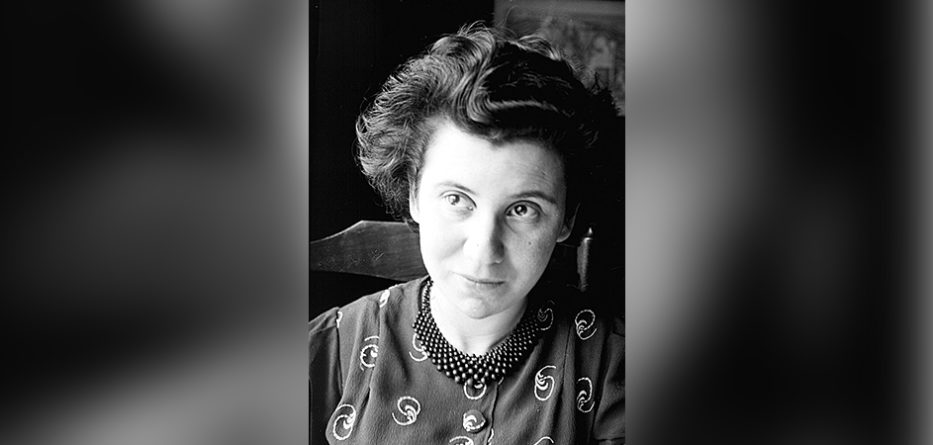As a Doctor of the Church, St. Thérèse of Lisieux is surely the privileged expression of the Little Way for our times. Yet, there is another Little Way, that of the twentieth-century Dutch Jew and Holocaust victim, Etty Hillesum. In the final Ash Wednesday address of his pontificate, Pope Benedict XVI challenged his audience to notice God’s grace at work in “social and cultural milieus that seem engulfed in secularisation.” Highlighting the life of Etty Hillesum, Benedict remarked, “In her disrupted, restless life she found God in the very midst of the great tragedy of the twentieth century: the Shoah.” Indeed, in our secular age, he added, “we may not be surprised to discover modern-day mystics and unconventional instances of contemporary sanctity that fall outside the framework of traditional hagiography.”
Born in the Netherlands in 1914, Etty Hillesum—an assimilated Dutch Jew—was the oldest of four children in a well-established middle-class family. Though they were part of the ethnic Jewish community, they did not participate regularly in Jewish religious practices. Etty was reared in a house permeated by both intellectual and artistic genius and profound mental illness.[1] Her vivacious demeanour, her erotic pursuits and struggles, and her spiritual pluralism make her relatable to many sojourners in the secular age.
Read the article by Randall S. Rosenberg in Catholic Outlook.

